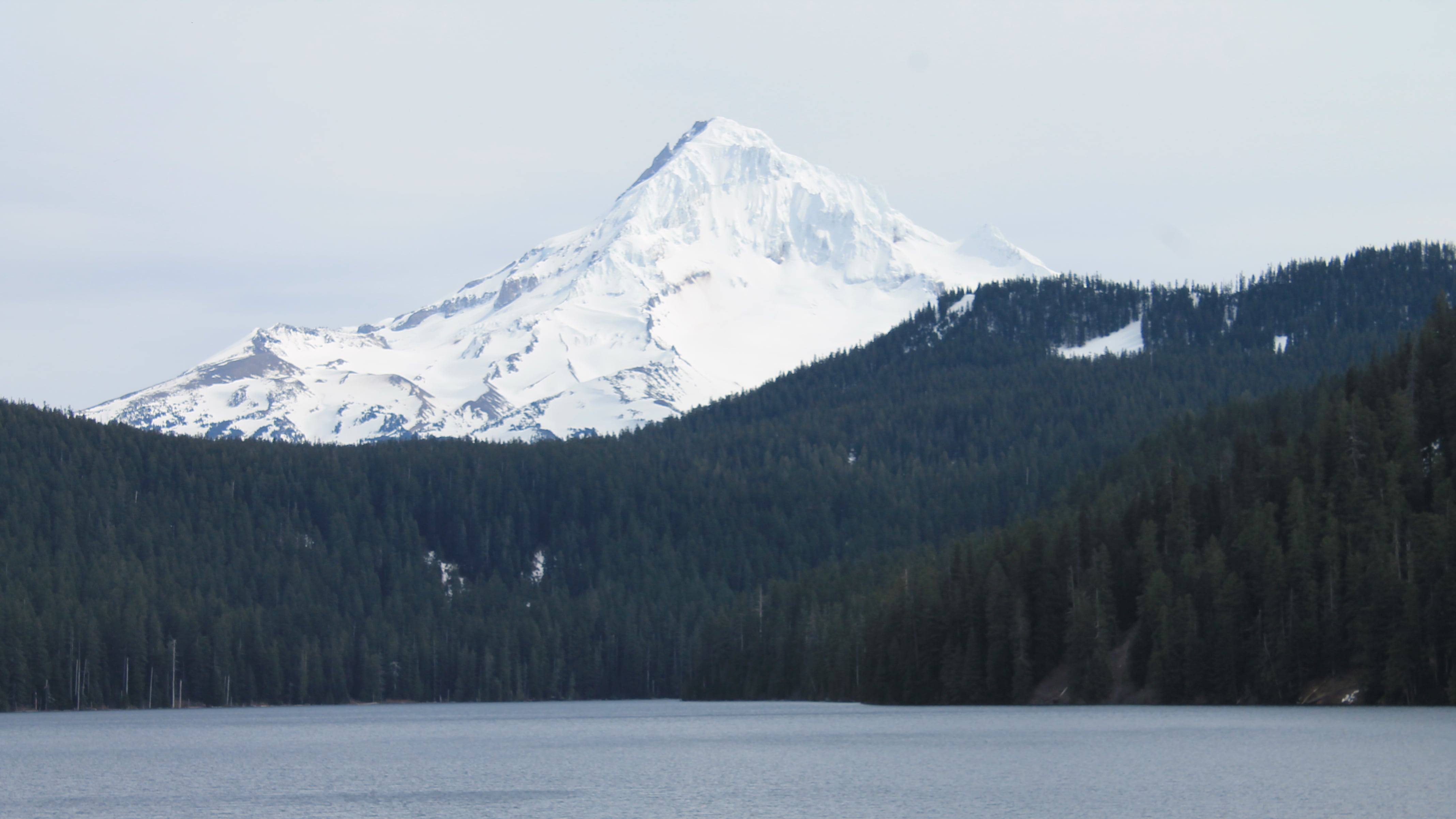As the new year approaches, it's time to reflect the numbers that defined 2018.
For instance, how many times did Portland Water Bureau find Cryptosporidium in the city's water source, likely from wildlife poop, in 2018? As of Monday, the number is nine.
A release from the agency today notes that two crypto oocysts were detected in a small sample of Bull Run reservoir water on Dec. 10. That's less than a month after the bureau's last crypto detection, on Nov. 19.
Related: Happy Thanksgiving, Portland! Looks Like a Bear Pooped in the Water Again
Felicia Heaton, a spokesperson with the water bureau, says it's tricky to say exactly what the source of the crypto contaminations were, but that "wildlife is the most likely source."
"Rain can increase the chances of crypto moving from scat into water but a detection can also occur in a dry season if an animal carrying the parasite deposits waste in or near the water," Heaton says.
Portland Water Bureau is currently working to install a filtration system by Sept. 2027 to comply with Oregon Health Authority guidelines. Heaton says the location of the new filtration plant was approved by Portland City Council yesterday.
Bull Run reservoir is unique in that it is completely sealed off from people and farming—save for one live-in ranger who monitors the watershed's security. That means bear poop is most commonly the cause of water contamination.
Cryptosporidium is a potentially disease-causing microorganism that can cause vomiting, diarrhea, fever and stomach pain if ingested. The water bureau says customers do not need to take any precautions in drinking tap water at this time.

